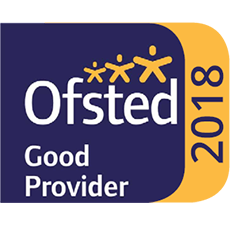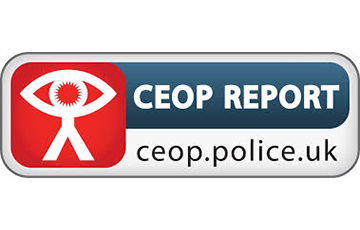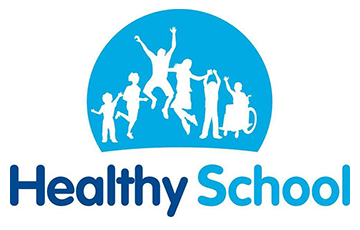Curriculum
Welcome to our Curriculum page where you will find information about the Early Years Foundation Stage and The National Curriculum and what this looks like at Twyning School. If you would like to find out more about our curriculum, please look at our subject pages.
Early Years Foundation Stage (EYFS)
The EYFS applies to children from birth until the end of their Reception Year. It focuses on the key principles:
A Unique Child
Positive Relationships
Enabling Environments
Learning and Development
There are three Prime areas of learning:
1. Personal, Social and Emotional Development (PSED)
2. Communication and Language (CL) and
3. Physical Development,
And four Specific areas of learning:
1. Literacy (L),
2. Mathematics (M),
3. Understanding the World (UW) and
4. Expressive Arts & Design (EAD).
The National Curriculum
Every state-funded school must follow the National Curriculum which is a set of subjects and standards used by primary and secondary schools so children learn the same things. It covers what subjects are taught and the standards children should reach in each subject.
Every school must offer a balanced curriculum which:
promotes the spiritual, moral, cultural, mental and physical development of pupils at the school and of society
prepares pupils at the school for the opportunities, responsibilities and experiences of later life
The National Curriculum for five to 11 year olds is made up of blocks of years, known as key stages:
Infant children (Year 1 and Year 2) are known as Key Stage 1.
Junior children (Years 3 to 6) are known as Key Stage 2.
Formal assessment takes place at the end of each Key Stage (Years 2 and 6). A phonics screening check takes place in Year 1.
In addition, schools are advised to teach personal, social, health and economic education (PSHE) and citizenship, together with at least one modern foreign language.
Please look through our curriculum pages for more information about how we deliver each subject and the links for the National Curriculum Programmes of Study.



